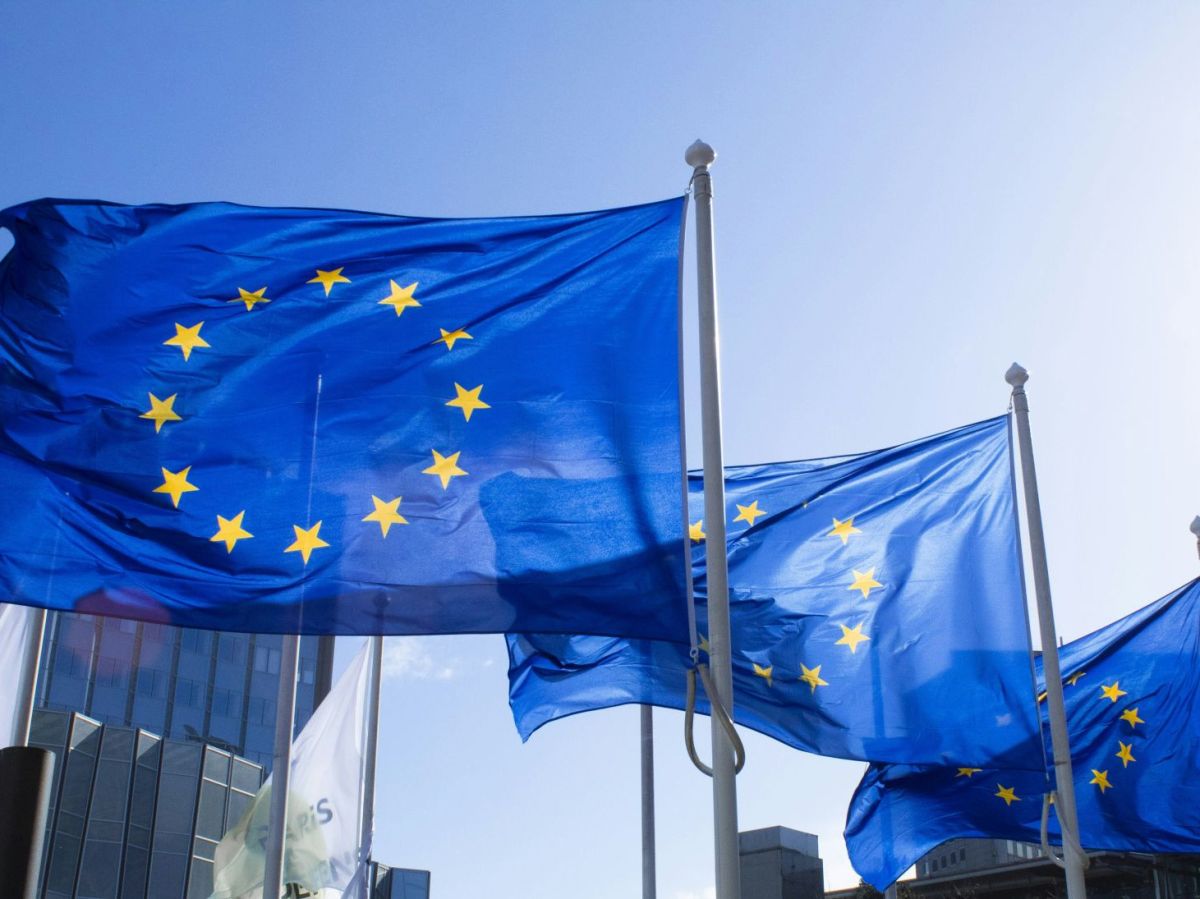“If no mutually acceptable solution is found,” European “countermeasures” will “automatically come into force on 14 July, or even earlier if circumstances so require,” said an EU spokesperson quoted by Agence France-Presse (AFP), stressing that the bloc was “ready” to retaliate.
Donald Trump's announcement ‘adds further uncertainty to the global economy and increases costs for consumers and businesses on both sides of the Atlantic,’ the European Commission criticised today.
The US president announced on Friday that the surcharge on steel and aluminium would increase to 50% next Wednesday, a further escalation in his protectionist offensive.
Since his return to the White House, Donald Trump has made tariffs a central pillar of his policy, and after a period of tension, the EU was hoping for a ‘new impetus’ in negotiations following a telephone conversation between Donald Trump and Commission President Ursula von der Leyen a week ago.
European Trade Commissioner Maros Sefcovic and his US counterpart Howard Lutnick have spoken several times in recent days.
Further discussions could take place on Tuesday or Wednesday on the sidelines of a ministerial meeting in Paris of the Organisation for Economic Co-operation and Development (OECD).
In recent months, the EU has already been hit three times by tariffs imposed by the US government: 25% on steel and aluminium, announced in mid-March, 25% on cars and, in April, 20% on all other European products.
This latest surcharge has been suspended until 9 July by the Trump administration to allow for negotiations, but the 10% tariffs are still expected to apply to most products exported to the United States by the 27 Member States, unless the US courts definitively block their passage.
Two lower courts ruled this week that Donald Trump did not have the right to impose some of these tariffs, but they will remain in effect until the case is finally decided.










